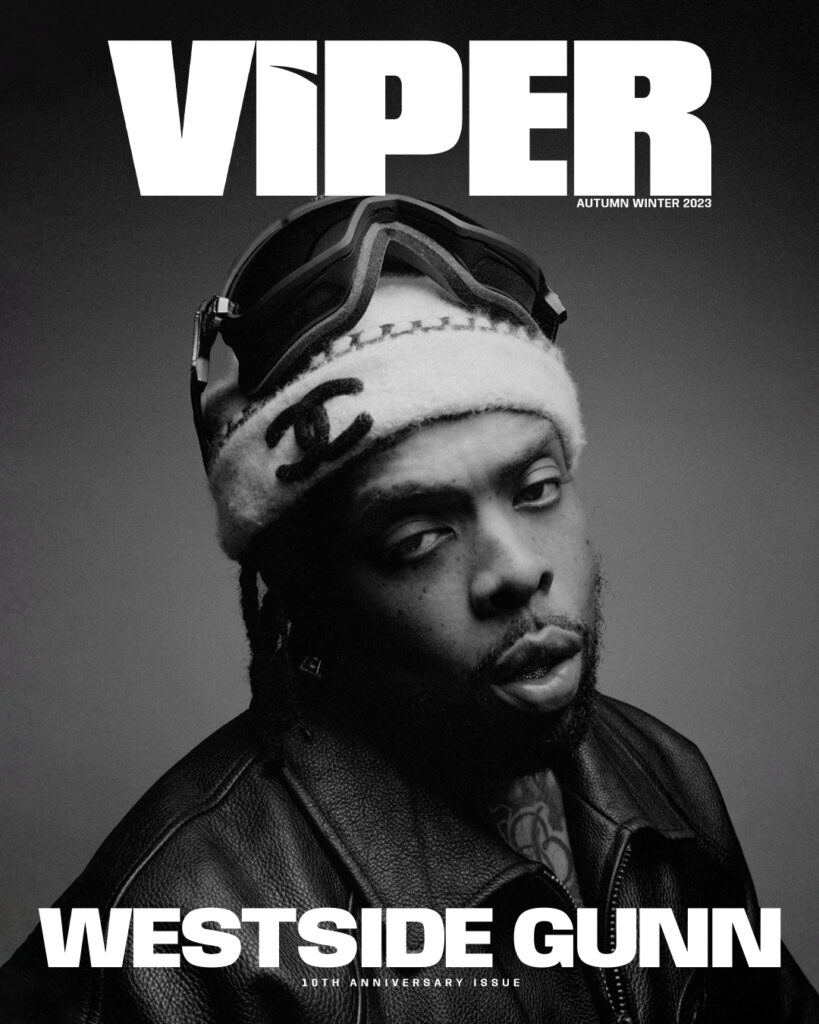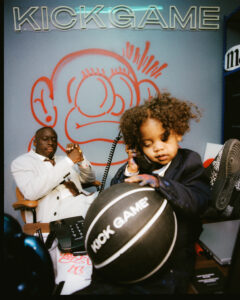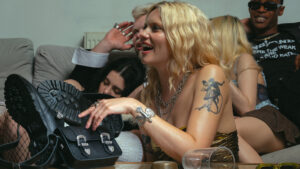Gold, Frankincense and Blurs.
It’s 1:00am and there are gems of wisdom flying everywhere. Unsure when to pause my awe in order to start my Dictaphone, I prance around Johnny Costi’s Light Eye Mind studios with the remarkable subject of this interview – James Massiah. His unmistakably thick, West Indian eyebrows raise as he plays a few snippets from a virginal set of secret productions They sound like the unmapped bridges between Jackie Brown’s quietly confident thoughts and David Byrne’s euphoric prayers.
Delivering unforgettable epitaphs under his breath, in song and in silence, we finally get round to some straight talking…
First up, let’s get some archeology. Where are your parents from? Where did you grow up? And where represents home?
My mum is from Manchester with Jamaican parents and my dad is from Barbados, but moved to London when he was 11, so they both have very ‘British’ identities. I grew up in South West London – home is in Mitcham, school was in Streatham Vale, then Wimbledon, church was in Balham and lots of friends were in Brixton. A lot of the moving around I did when I was a younger, performing poems in different churches allowed to me get out of South London and see the rest of the city.
So your parents have paid the intangible price of acclimatisation for you in a way. Is this perhaps why naturally, your craft starts ahead of various xenophobia which still agitate the masses?
In a way, yes. My dad literally just walked in the room to tell me that my grandma’s house in the Caribbean is being sold and his voice cracked a little. I think that he likes to feel a connection to ‘home’, there’s always the sense that you don’t truly belong here, especially for him as someone who was here in the seventies and eighties. A plot of land on home turf, as it were, gives the feeling that one could escape if the wrong people were to ever find their way into power in the UK. My generations’ experiences of the struggle are different though and when my dad dreams about buying land in Africa or the Caribbean, I don’t see either of those places as truly ‘home’, despite the fact that my roots are in those places. There’s definitely an issue there, so I guess the older generation may have had the friction, but now it feels a little like we’ve smoothed out and settled for a weak version of equality and multiculturalism without continuing the struggle to the furthest degree it could go to. It’s almost as if we’ve dealt too early, we should have struggled a bit longer. I realise that may sound short-sighted, considering how long the struggle for racial equality has been, but it feels like things are hotting up again and our generation is paying the price for believing that every thing was all good on the surface when it really wasn’t below. There’s always some other goal to reach, some glory to attain – the race is never truly run, every day the finish line moves further into the distance.
As a poet, do you feel a responsibility to charge your poetry with the feeling of current affairs? A lot of black and asian kids [talented or not] are starting to believe a future in which they can join their white friends as creative moguls, taking ownership of the brands they previously idolised. Is this more the focus for you? A Branson-esque equilibrium of social anarchy mixed with hustlers ambition?
It’s interesting you say that, at a time when Kanye West is talking so much about business, commerce and enterprise. He is a visionary, the most Bransonesque figure in my life and experience as a young black man; contentious, ambitious, daring, misunderstood. Being introduced to Kid Cudi through him, I began to see more alternative methods of self-expression; the mediums of music, fashion and art. This was around 2008, the time that Tumblr really happened and I think our [whole] crew were aware of this cultural shift before a lot of other people from our background. For us, dressing differently was a form of escape, it was a way to let the hood boys know that when they saw you, you weren’t playing their game, you were on a different trajectory. It’s funny that heavily-branded sportswear is now serving the same purpose in a different era, letting the people we’ve become assimilated to know that we’re not fully part of their game – that our roots aren’t in private education and privilege but in being seen as hoodies and troublemakers. I think this is why we’ve become frustrated with the current obsession with grime, as a sort of fetish or shortcut to authenticity. For us it was all real, the lyrics take us back to a time when it wasn’t safe to dress however you wanted or admit you were into the same sex or not having any sex at all. In a sense, this is our struggle. For my dad, it’s between the Caribbean and Britain, for us it’s about the glory and horror of the past, knowing that we want to escape it for better opportunities in a corporate Britain, but also aware that it’s our past that has made us who we are so we can’t escape it entirely.
jamesmassiah.com
@jamesmassiah
This is an extract from the Spring Summer 15 Issue of Viper Magazine. Read more from the magazine here. Buy physical and digital copies here.
Words by Shola Timothy
Photos by Shama Anwar




